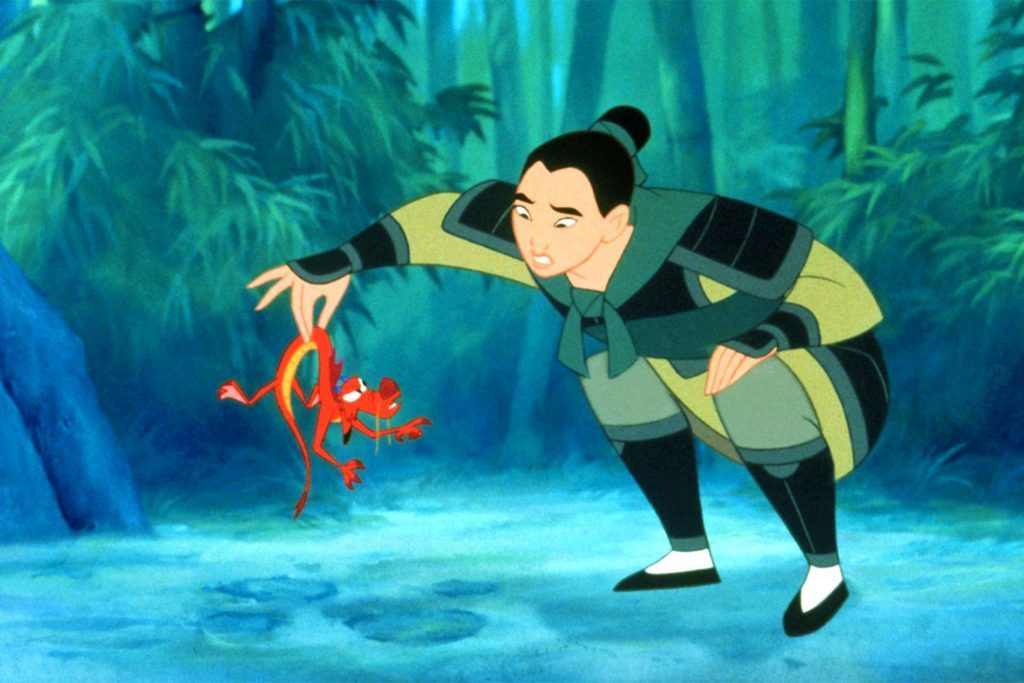Welcome aboard!
This article is a brief introduction of pronunciation theory in Mandarin Chinese. Just like many other languages, Mandarin has three properties: physical, biological, and social. But don’t be scared! I’ll use as much intercultural examples as possible to keep it light and fun.
Physical Property: 物 理 属 性 (wù lǐ shǔ xìng) (i.e. ‘橘 子 红 了’ (jú zi hóng le))
Every soundwave is a product of vibration on a certain thing, just like the boy crushing his drums in the movie ‘Whiplash’. However, if you want to sing a musical drama such as ‘Les Misérables’ one day, the phonetic sound will definitely be your major of study. Any phonetic sound has its four essential factors:
Pitch 音高 (yīn gāo), Intensity 音强 (yīn qiáng), Length 音长 (yīn cháng), Tone 音色 (yīn sè).
Let’s see some examples, and discuss what their influential factors are.
1. Pitch 音高 (yīn gāo):
西 瓜 熟 了
(xī guā shú le)
The watermelon is ripe
橘 子 红 了
(jú zǐ hóng le)
The orange is already red
2. Intensity 音强 (yīn qiáng):
莲 子
(lián zǐ)
lotus seed
帘 子
(lián zi)
curtain
链 子 (Just like ‘it’ & ‘eat’)
(liàn zi)
chains
3. Length 音长 (yīn cháng):
爷 爷
(yé ye)
(Paternal) Grandfather
奶 奶
(nǎi nai)
(Paternal) Grandma
4. Tone 音色 (yīn sè):
包 子
(bāo zi)
stuffed bun
本 子
(běn zi)
notebook
椅 子
(yǐ zi)
chair
One of the reasons Chinese people use a tail of ‘子’ is that words in modern Chinese are normally consist by two characters, one single character sounds a little bit weird to us comparing with the ancient Chinese which is always short and detailed.
Biological Property: 生理属性(shēng lǐ shǔ xìng)
This one is pretty simple since we all know how to cry as a baby, right? To identify the crying process, there are three parts for your notice: the energy source, the speaker, and the DJ. If we put them in academic terms:
1. Power part: lungs and air-tube.
2. Pronunciation part: larynx and vocal cords.
3. Adjusting part: oral cavity nasal cavity.
Social Property: 社会属性 (shè huì shǔ xìng)
It is customary for a certain sound to describe a certain meaning. People would regard their mother as ’母亲 (mǔ qīn)’ , ‘妈妈 (mā ma)’, and sometimes ‘麻麻(má ma)’ in a informal way.
In some cases, even one sound has different meanings. For example, the ‘flower’ in Chinese: ‘花(huā)’, this word can be used as a verb, a noun, and even a proper noun. Let’s see the following words below.
花 钱
(huā qián)
spend money
花 朵
(huā duǒ)
flower buds
花 木 兰
(huā mù lán)
Mulan Hua

Source: IMDB.com
Mulan literally means ‘woods and orchids’, it is a name of a well-known female hero as well as a historical figure in ancient China. She joined the army in an appearance of a common male soldier to replace the duty of her sick father without a second thought. Her story is a true legend, Walt Disney Studios produced an animation in 1998 using the same name ‘Mulan’, and they are planning to film a new one starring with Chinese actress Yifei Liu in 2020.

Source: Yifei Liu in 'The Forbidden Kingdom" (2008) from IMDB
There is a joke about such social property. When an old nanny started to learn foreign languages for the first time in her life, she couldn’t believe how fascinating it is to learn them. As a native Chinese, we call ‘1’ as ‘一 (yī)’ while the British call it ‘one’ which sounds like the Chinese character for 10,000: ‘万(wàn)’.
Another example, the Japanese name for shoes is 'くつ' or "kutsu" which sounds similar to the Chinese pronounciation of ‘裤 子’ (kù zi) which means pants.
When it comes to asking for some water in France you might say ‘de l'eau’ which sounds like ‘滴漏 (dī lòu)’ in Chinese. 滴漏 translates to hourglass or “water clock” which is an ancient clock that used the flow of water to measure time. Isn’t it funny!
Final Question: What are the differences of properties between these two phrases?
椅子抖了
(yǐ zi dǒu le)
The chair is shaking
妈妈走了
(māma zǒ le)
My mother is leaving
Any thoughts? Be sure to submit your suggestions or answers at the discussion section below, if you have any relevant questions, do not hesitate to leave me a message in my teacher’s page. I’ll see you guys in the next article!
Special thanks to my Mandarin Linguistics teacher, Professor Wang, Jianshe at Huaqiao University, who enlightened me and provided part of the theories and examples in this article.
--
Learn Chinese from Jason!
Hero Image by Antonina Bukowska on Unsplash








